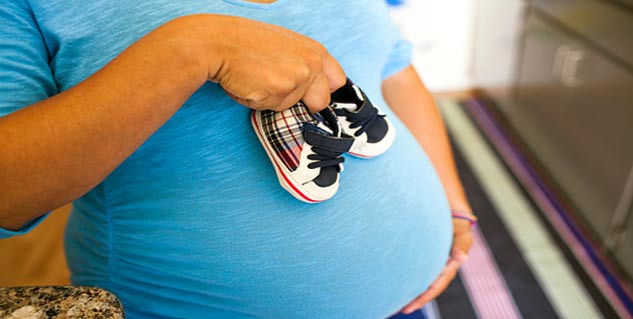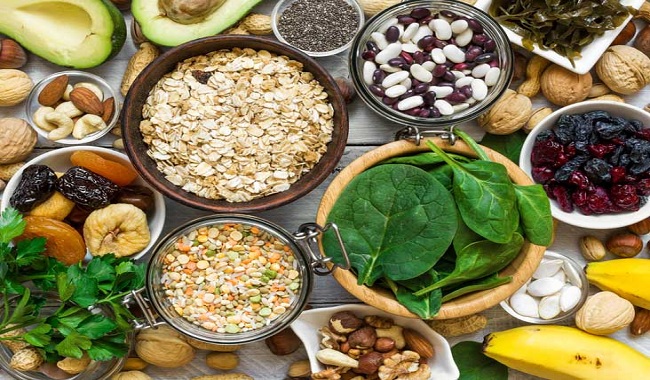
Some several vitamins and minerals are important for the building of bones and the body to keep functioning properly. Magnesium is one of the major minerals. But the question arises that why your body and bones need magnesium during pregnancy? Moreover, it is important to know it's quantity/amount.
Table of Content:-
The answer is: An expectant mother needs at least 350 to 400 mg of magnesium for repairing and building of body's tissues.
- Magnesium prevents the premature contraction of cervical muscles
- Overdose of magnesium can cause drowsiness, diarrhea, low blood pressure
- Dairy products are dense with magnesium and calcium
- A pregnant woman must have 350 to 400 mg of magnesium daily
However, the deficiency of magnesium during pregnancy may lead to:
- preeclampsia
- eclampsia
which may hamper fetal development.
Benefits of Magnesium intake during Pregnancy
Also Read: Eat These Foods To Avoid An Early Menopause

- Magnesium and calcium are the minerals that work in tandem to relax muscles and help them to contract. During pregnancy, appropriate levels of magnesium help to keep the uterus from contracting prematurely. Moreover, it is also helpful in reducing leg cramps.
- Taking magnesium during pregnancy is important as it supports building of bones, regulates insulin and blood sugar levels and the functioning of enzymes. Expectant women can also control her cholesterol and irregular heartbeat problems by maintaining proper magnesium levels.
- Nausea, fatigue, insomnia, vomiting, loss of appetite, muscle twitching, fatigue, poor memory, and irregular heartbeat are all indicators of magnesium deficiency. Magnesium deficiency occurs as a consequence of alcohol abuse, prolonged vomiting, diarrhoea, protein deficient diet, kidney disorders or diabetes medications.
Effect of Excess of Magnesium during Pregnancy
Also Read: Evolution of female-specific apps mushrooming in the wellness ecosystem
Magnesium in excess amount is bad for health, though the toxicity of magnesium is rare. Excessive magnesium supplements or magnesium salts can result in overdose of magnesium, resulting in low blood pressure, drowsiness, diarrhoea and dehydration.
Food Sources for Magnesium

- Expectant mothers can have magnesium from seeds, whole grains, fish, leafy green vegetables and some legumes, which can be easily adjusted to the dietary regimen
- Pumpkin seeds, sunflower seeds, brown rice, dry roasted almonds, spinach, fortified instant oatmeal, baked potato, yoghurt and vegetarian baked beans are some food options for pregnant women in need for magnesium
- Dairy products, chocolate, coffee and water with a high mineral level are excellent sources of magnesium
- It's easy to fulfil magnesium requirement from healthy and varied food sources. If your doctor suspects that your diet chart is not meeting the magnesium requirement, he will ask you to have prenatal supplements
- Steady supply of nutrients from the mother facilitates healthy growth and development of the foetus. Incorporation of food options listed above can help the pregnant women cope better with discomforts related to increased hormonal activities
Read more articles on Women's Health.
How we keep this article up to date:
We work with experts and keep a close eye on the latest in health and wellness. Whenever there is a new research or helpful information, we update our articles with accurate and useful advice.
Current Version
